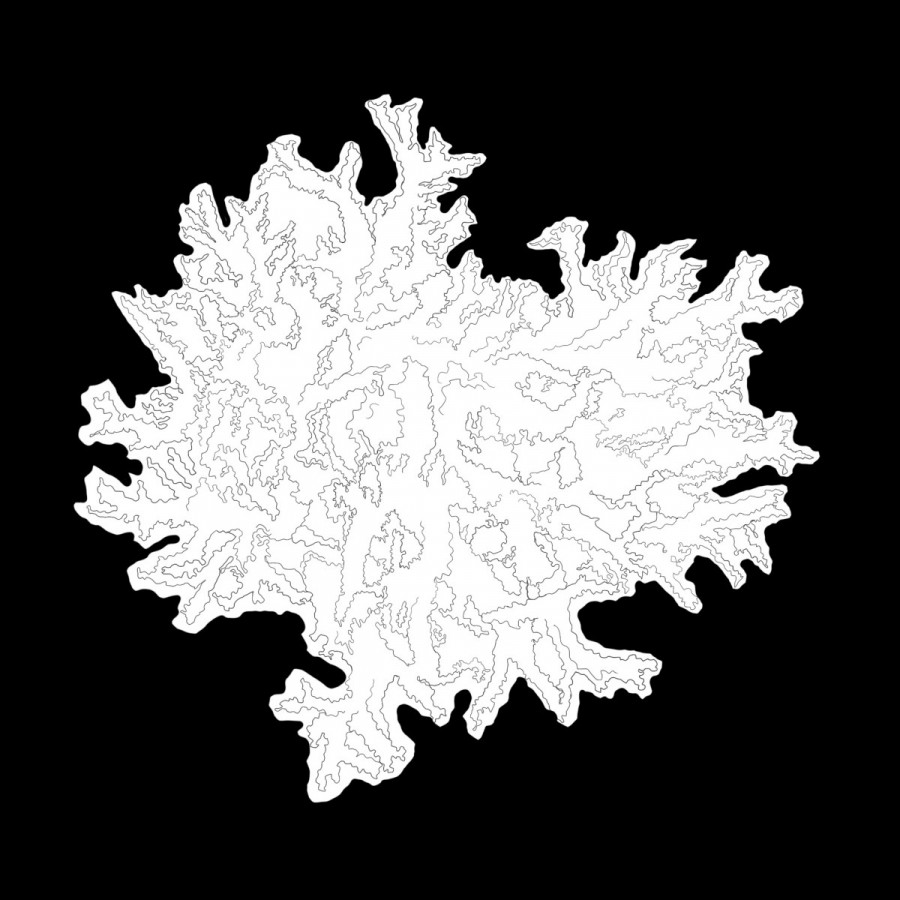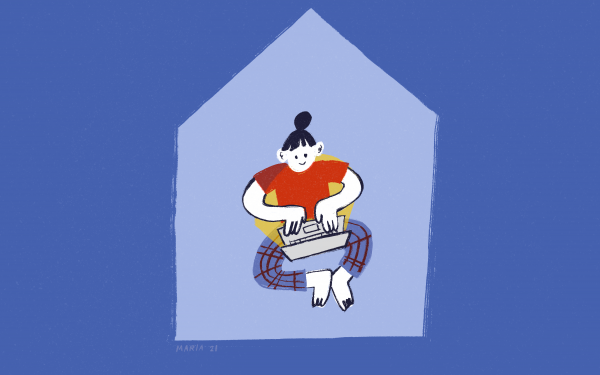Fulgurite
Sitting in a room with a social worker and my parents, I’m holding my discharge papers, and I can’t wait to see my dogs again.
My parents’ expressions tell me my life will be forever changed the second I walk out of the hospital. This rehabilitation centre has only been my home for two or three weeks, but I’ve been living in hospitals for over a month. The only glimpses I’ve had of the outside world have been on ambulance rides between hospitals.
My left arm is a limb I am no longer in control of—frequent, violent spasms start in my shoulder and plummet down my entire arm like lightning bolts striking a tree. Only, the same tree gets hit over and over again, leaving new scars every time. How will my classmates react when my spasms disrupt class—my left arm slamming against the wooden desk repeatedly, leaving behind a constellation of bruises? How will I ever get a job, ride a bus or be seen in public?
I can’t hear what the social worker is saying. I’m dissociating without knowing what dissociation is. I will miss the temporary friends I have made here these past few weeks, even though I will no longer remember their names by the time I write about them. I’ve been here the shortest amount of time, and now I will be the second to leave. I’m not sure if survivor’s guilt is the right term. We probably all survived, but I made a near-complete recovery, leaving my doctors with more questions than answers.
I wonder what will become of the cute guy who always kept to himself but who would smile every time he saw me. Will he need a wheelchair for the rest of his life like doctors thought I would? Those same doctors are now telling me my spasms will never fade away, and I have no way of knowing that too will prove to be false. I dread returning to school. I will be a whole month behind, and friend groups will have already been formed. Going back will be gradual: I will at first only attend two of my nine classes, but every other week, I will add an extra class to my schedule until I end the year having attended them all at least briefly, with the exception of music and gym. I will regret having quit the trumpet, but playing an instrument with only one hand proves to be impossible. I will one day pick up my dusty trumpet with the intention to play again, once my condition allows me to, but I will find myself having completely forgotten the language.
Once I exit the social worker’s office, head spinning, I start the long process of saying goodbye to nurses, physiotherapists and floormates. They’re all congratulating me for having recovered faster than I should have, but I’m not sure if that’s really a compliment. I try to smile and respond respectfully, but I just wish I could pick up a remote control and fast-forward until I get home. I tried asking my mom earlier if we could just sneak out, but she said that would be rude since I owe my recovery to the workers of the centre de réadaptation Marie-Enfant. I grit my teeth and try to be as normal as possible, not knowing what normal is anymore.
This article originally appeared in Volume 43, Issue 6, published November 8, 2022.




-2_600_375_s_c1.png)


